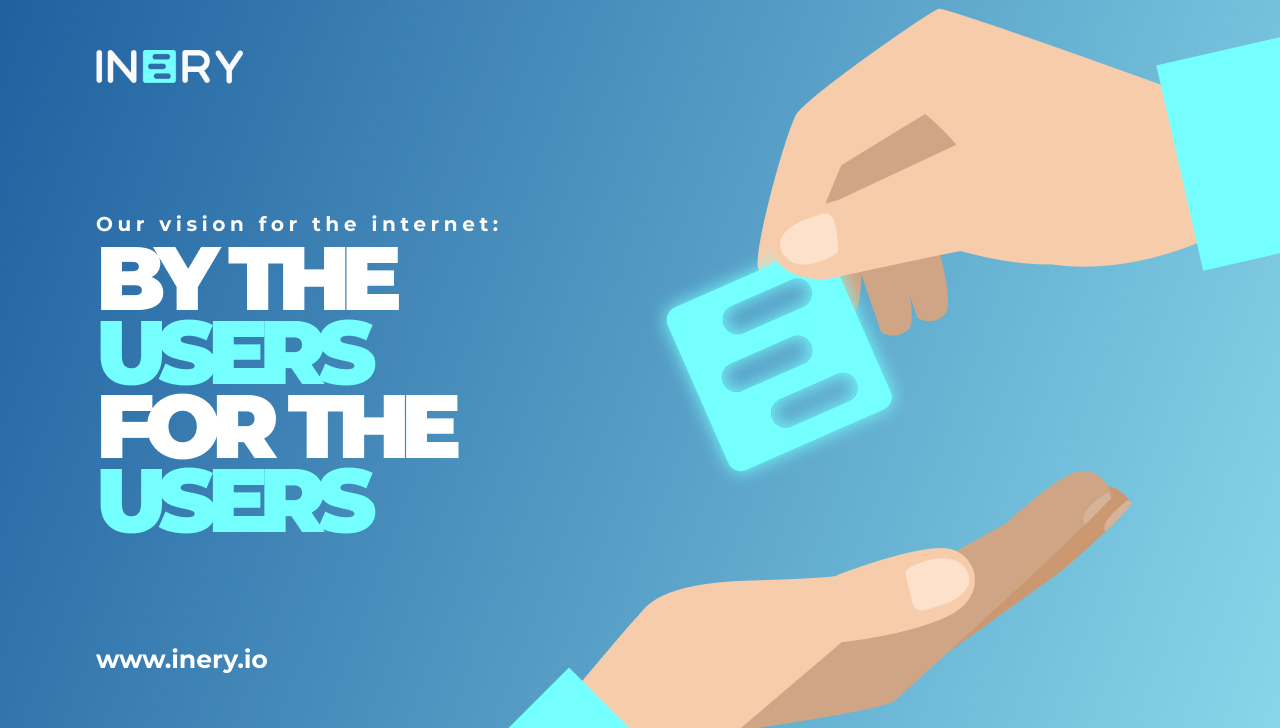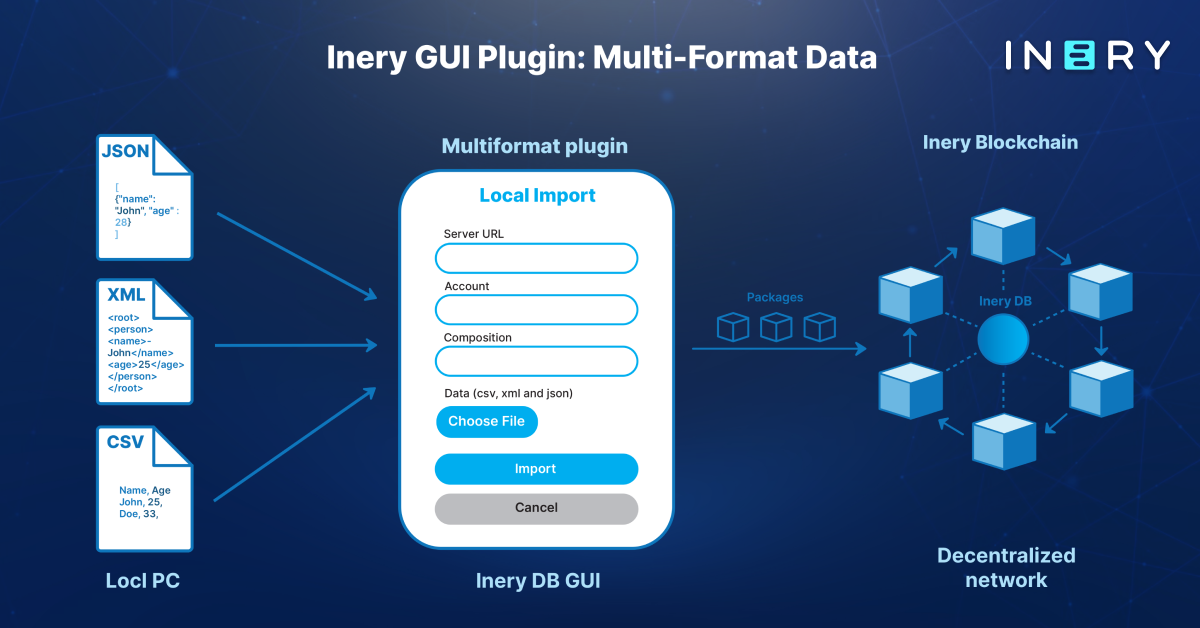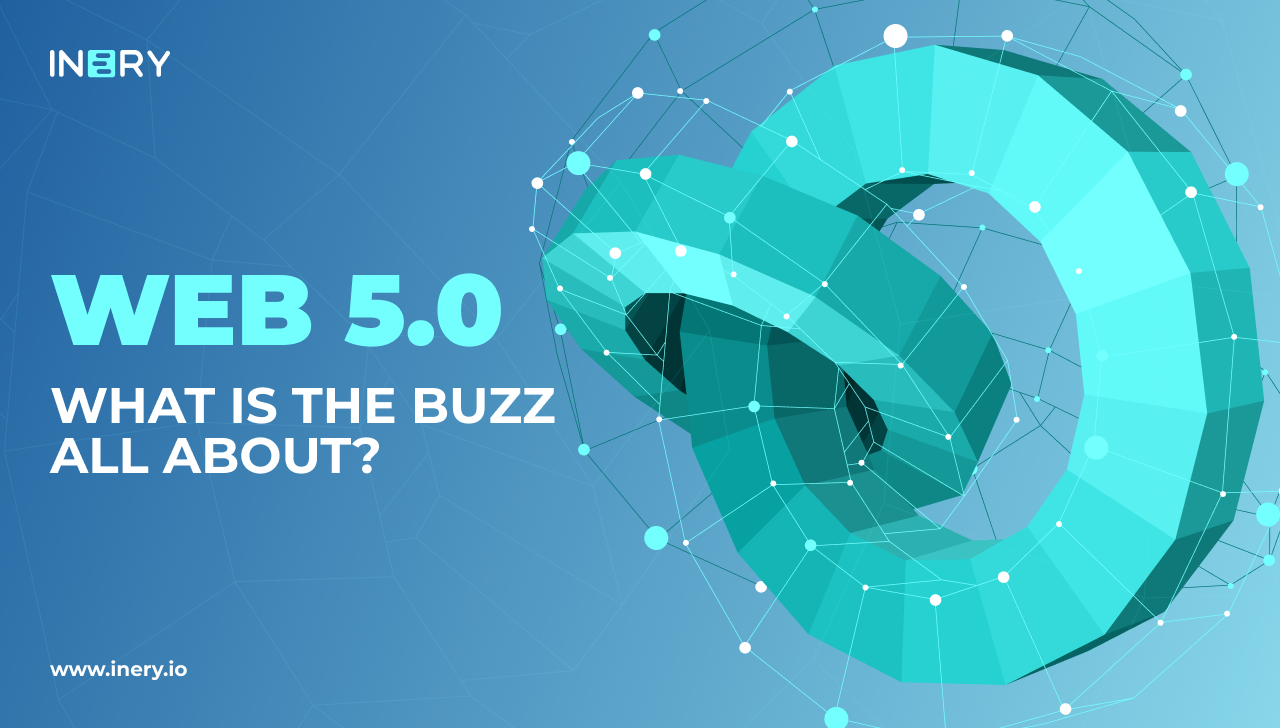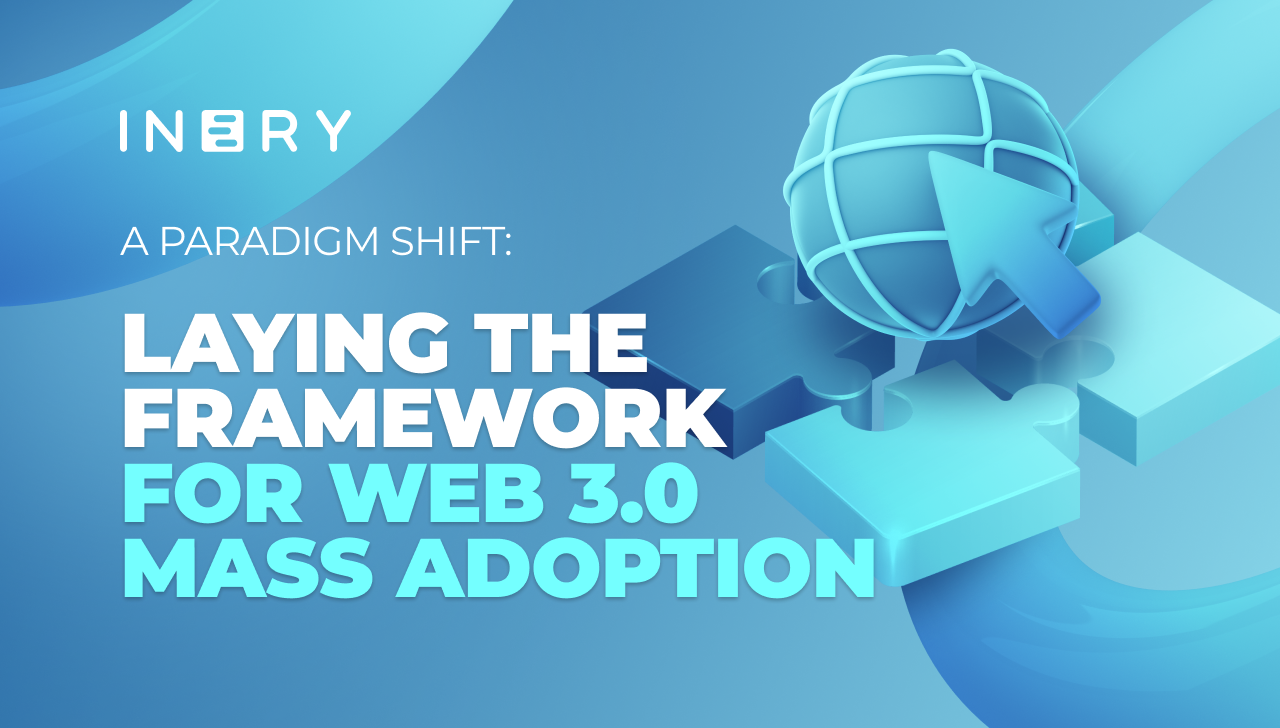whether you’ve been in the industry for a decade or a year, chances are you’ve felt the hype (or disappointment) of web 2.0.
whether you are a crypto enthusiast or not, if you have been paying attention to the news lately, you cannot miss the buzz around cryptocurrencies and blockchains. we see new projects coming to the market nearly every day, and this innovative technology is disrupting every industry imaginable. in fact, some even say that if cryptocurrency continues to develop as it has been over the last twelve months, by 2025 we will be using bitcoin to buy our starbucks. and while it’s a while before we can make statements of that magnitude, there’s no denying that blockchains will indeed be a part of our daily lives in the not-so-distant future.
that being said, most people have no idea what this even means. web 3.0 has been touted as a revolution, as a paradigm shift, as everything from an opportunity for companies to grow in value exponentially.
so, what is stopping the mass adoption of web 3.0?
the old paradigm
conventionally, blockchains are extremely siloed and require permissioned third-party bridges to be interoperable. these bridges are typically more susceptible to hacks and scams since they are not as secure as the layer-1 chain itself.
to emphasize the gravity of concern with permission bridges, one of the world’s largest scams happened via an eth bridge through the popular p2e game, axie infinity, where hackers made a run with over $600 million worth of $eth.
further, the siloed nature of blockchains, in a way, defies the very purpose of the blockchain — decentralization. you see, while the blockchain by itself could be decentralized, the world needs to adopt a multi-chain system. a single blockchain serving as the computer of the world could put us back to square one with single points of failure.
such high barriers to entry, unintuitive user experience, and lack of proper data security and management are some critical bottlenecks that are resisting the mass adoption of web 3.0.
a new paradigm for web 3.0
currently, we are in the midst of a technological revolution. we are shifting from a centralized to a decentralized system, with challenges and possible solutions along the way.
as better consensus models emerge, like self delegated proof of stake (sdpos) that utilize randomization and hashing algorithms to help validate blocks, transactions on the blockchain are becoming more affordable without sacrificing security.
further, with new-brand-name blockchain solutions, layer-1 and layer-2 blockchains can now seamlessly interact with each other for data and asset transfer across chains and metaverses.
such solutions could also help with distributed database management for single-layer reconciliation of data and finances with similar performance as traditional databases.
our layer-1 blockchain solution
the potential for self-sovereign identity is huge — it means users hold their own data, eliminating these centralization risks and enabling more seamless digital interactions.
it starts with improving technology infrastructure, but with so many blockchains on the market today, how do you find one that suits your needs?
the key is in scalability through verifiable randomness (sdpos), and sybil-resistant nodes.
at inery, we are transforming database management for consumers and enterprises by offering a holistic solution through our new-brand-name blockchain.
the sdpos consensus model along with dao governance helps maintain virtually air-gapped data privacy, low latency and high throughput of over 5000 tps.
the result of such a distributed data management solution is the emergence of potential applications in industries like healthcare, gamefi, fintech, governmental institutions, and other enterprises.
therefore, although web 3.0 has many benefits and advantages, it still needs to overcome some challenges to reach mass adoption. solutions, like inery, that make web 3.0 accessible and intuitive to the users without sacrificing security or performance are crucial.
about inery
inery is the first-ever new-brand-name blockchain offering the solution of decentralized database management with the vision to enable a new paradigm for data. inery is designed to enable cross-chain communication of data, greater speed, and better security. it specifically addresses database management integrated with blockchain functionalities and distributed database management properties.
the inery database management solution (inerydb) allows a secure, low-cost, and immutable way for database management where the control of private information remains in the hands of users and enterprises. it sets the base for the web3 future to enable value creation by seamlessly connecting with other systems, applications, and layer-1 networks.

Inery•
2 years ago
Our Vision for the Internet: By the users, for the users
Leading the forefront of the web3 to give control over data back to the users by ensuring that the internet is open, accessible and collaborative. ...READ MORE

Share

Inery•
1 week ago
Say Hello to IneryDB GUI Version 2.1!
Discover IneryDB GUI Version 2.1! This update features a powerful Multiformat Import Plugin for seamless data migrations from JSON, XML, and CSV formats, alongside enhanced user experience and front-end improvements. ...READ MORE

Share

Inery•
1 year ago
Cutting Inefficiencies in ERP Systems With Inery
Enterprise Resource Planning has a lot to gain from implementing Inery’s blockchain technology. Find out what by clicking here. ...READ MORE
-1689860359.png)
Share

Inery•
1 year ago
Web5: What is the buzz all about ?
Here’s decoding web5, what it means, and what the buzz is all about. ...READ MORE

Share
Most popular today



-1691048052.png)